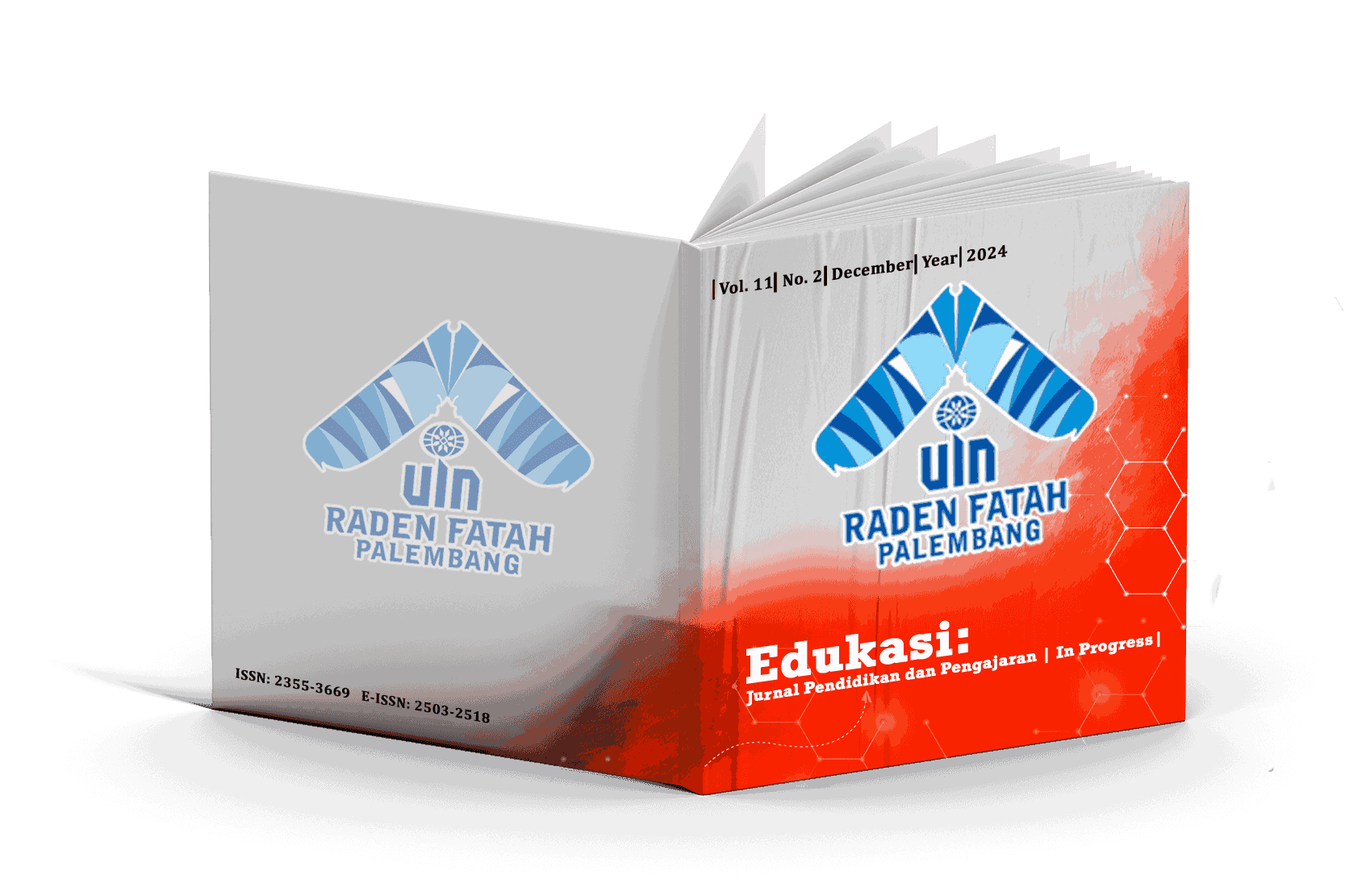Investigating EFL Students’ Perceptions and Performance in Blended Problem-Based Speaking Instructions
DOI:
https://doi.org/10.19109/k0g0x911Abstract
This study explores the implementation of the Blended Problem-Based Learning (PBL) approach in teaching EFL speaking and examines students’ perspectives on its use. Using a qualitative method, data were collected from 32 fourth-semester students in a Speaking for Academic Purposes course through classroom observations, audio-visual recordings, and open-ended questionnaires. Thematic analysis revealed that Blended PBL promotes active student engagement, critical thinking, collaboration, self-reflection, and the integration of technology. Students reported increased speaking confidence, improved problem-solving skills, and greater autonomy. Despite some challenges, such as technical issues and unstable internet connections, the approach proved effective in enhancing speaking fluency and learner independence. These findings suggest that Blended PBL is a valuable instructional strategy for fostering both language proficiency and essential 21st-century skills in EFL contexts.
Downloads
Published
Issue
Section
License
Copyright (c) 2025 Edukasi: Jurnal Pendidikan dan Pengajaran

This work is licensed under a Creative Commons Attribution-NonCommercial-ShareAlike 4.0 International License.
After the manuscript is accepted for publication, authors will be required to sign a copyright transfer form. Copyright will be transferred to State Islamic University of Raden Fatah, Palembang, South Sumatra, Indonesia, via e-mail. A copyright form will be sent to you via e-mail after the accepted manuscript has been submitted.











